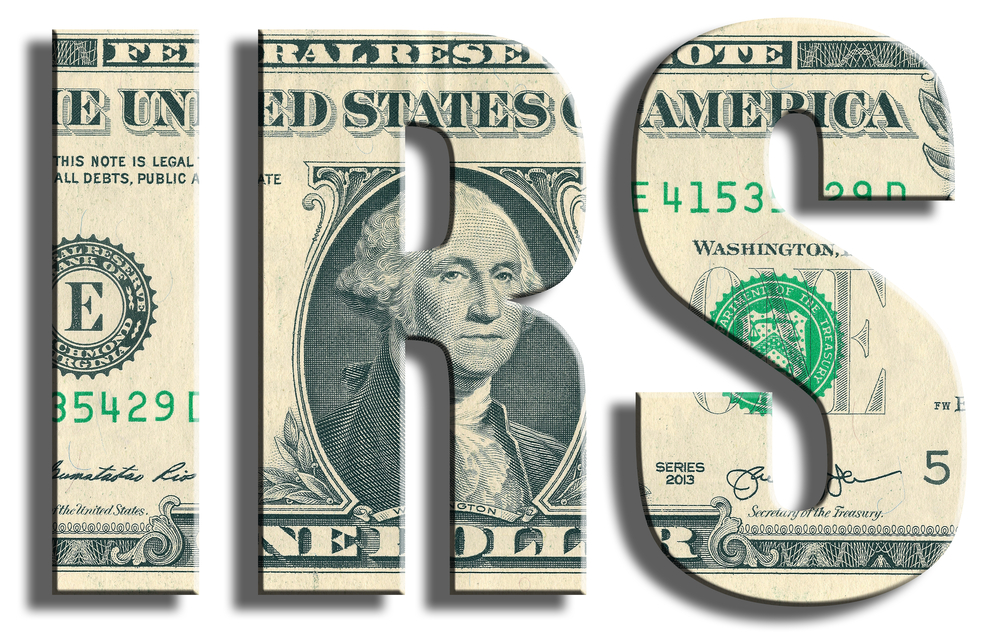IRS offers penalty relief for the 2019 and 2020 tax years

Although the recently announced student loan debt relief has garnered much attention, another federal relief program from the same announcement that will result in tax refunds or credits totaling more than $1.2 billion is also noteworthy. In addition, regarding some 2019 and 2020 tax and information returns, IRS Notice 2022-36 provides explicit penalty relief to individuals and corporations who missed the filing deadlines. The program covers several of the most frequently filed forms.
IRS penalty relief
The goal of the penalty relief is to assist taxpayers adversely impacted by the COVID-19 outbreak. It also aims to enable the IRS to concentrate on processing tax returns and taxpayer correspondence backlogs.
The IRS had a backlog of more than 21 million unprocessed paper returns as of late May 2022. Nevertheless, the IRS should now resume regular business operations for the 2023 filing season.
The notice offers relief from the failure-to-file penalty. While the penalty assessment for a late filing of a federal income tax return is typically at a rate of 5% per month, it can reach a maximum of 25% of the unpaid tax. An income tax return must be submitted by September 30, 2022, in order to be eligible for the relief.
Banks, employers, and companies that must submit other information returns (such as the Form 1099 series) may also be eligible for relief. The deadlines for filing qualifying 2019 and 2020 returns are August 3, 2020, and August 2, 2021, respectively.
Eligible forms
- Form 1040, “U.S. Individual Income Tax Return,” and other forms in the Form 1040 series
- Form 1041, “U.S. Income Tax Return for Estates and Trusts” and other forms in the Form 1041 series
- Form 1065, “U.S. Return of Partnership Income”
- Returns filed in the Form 1120 series, such as:
- Form 1120, “U.S. Corporation Income Tax Return”
- Form 1120-C, “U.S. Income Tax Return for Cooperative Associations”
- Form 1120-F, “U.S. Income Tax Return of a Foreign Corporation”
- Form 1120-FSC, “U.S. Income Tax Return of a Foreign Sales Corporation”
- Form 1120-H, “U.S. Income Tax Return for Homeowners Associations”
- Form 1120-L, “U.S. Life Insurance Company Income Tax Return”
- Form 1120-ND, “Return for Nuclear Decommissioning Funds and Certain Related Persons”
- Form 1120-PC, “U.S. Property and Casualty Insurance Company Income Tax Return”
- Form 1120-POL, “U.S. Income Tax Return for Certain Political Organizations”
- Form 1120-REIT, “U.S. Income Tax Return for Real Estate Investment Trusts”
- Form 1120-RIC, “U.S. Income Tax Return for Regulated Investment Companies”
- Form 1120-SF, “U.S. Income Tax Return for Settlement Funds (Under Section 468B)”
- Form 1120-S, “U.S. Income Tax Return for an S Corporation”
- Form 1066, “U.S. Real Estate Mortgage Investment Conduit (REMIC) Income Tax Return”
- Forms concerning exempt organizations
- Certain international information returns
However, the relief does not apply to failure-to-file fines for FinCEN Report 114, “Report of Foreign Bank and Financial Accounts,” or Form 8938, “Statement of Specified Foreign Financial Assets.”
Rule exceptions
There are also more exclusions, including penalty reductions that are not possible if:
- There is the submission of a false return
- A closing agreement with the IRS or an accepted offer-in-compromise includes a fine
- A court ultimately decides the sentence
In addition, the IRS is not offering any relief from the failure-to-pay penalty or other penalties. Such invalid penalties might be eligible for already-established penalty relief mechanisms, such as the IRS’s First Time Abatement Program or the reasonable cause defense.
Penalty reduction occurs automatically. Therefore, there will be a reduction in the assessment of existing penalties. So, if you are eligible, there is no need to apply or communicate with the IRS. According to the IRS, if you have previously paid a covered penalty, you should get a refund or credit by September 30, 2022. Contact our RRBB accountants and advisors for more information.
© 2022
RRBB eNEWSLETTER
Get free tax planning and financial advice




